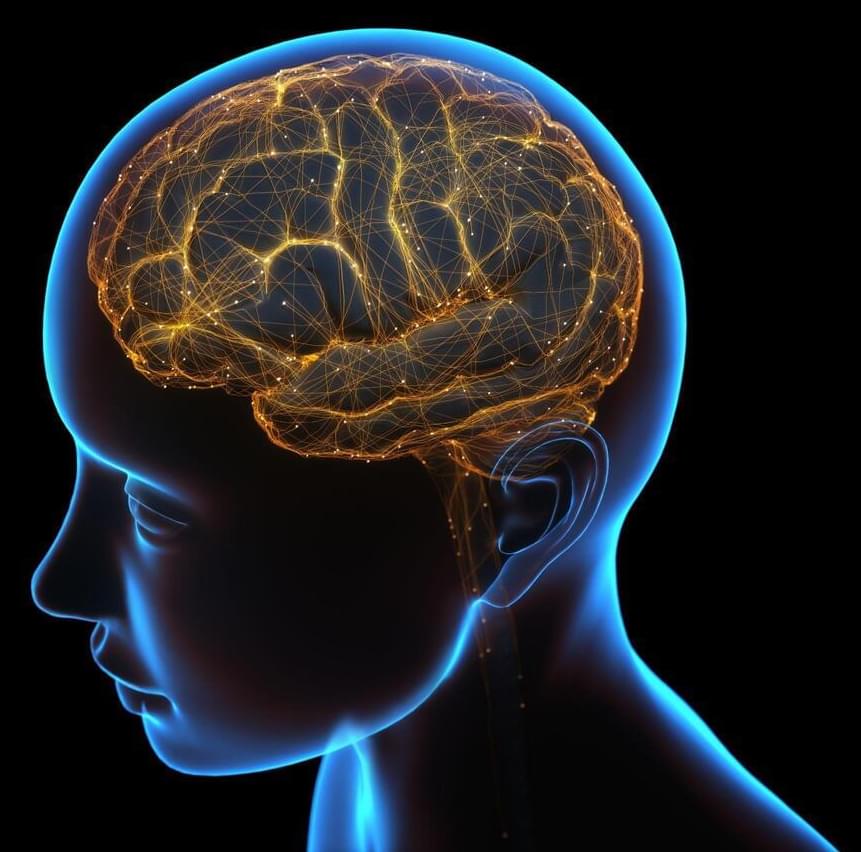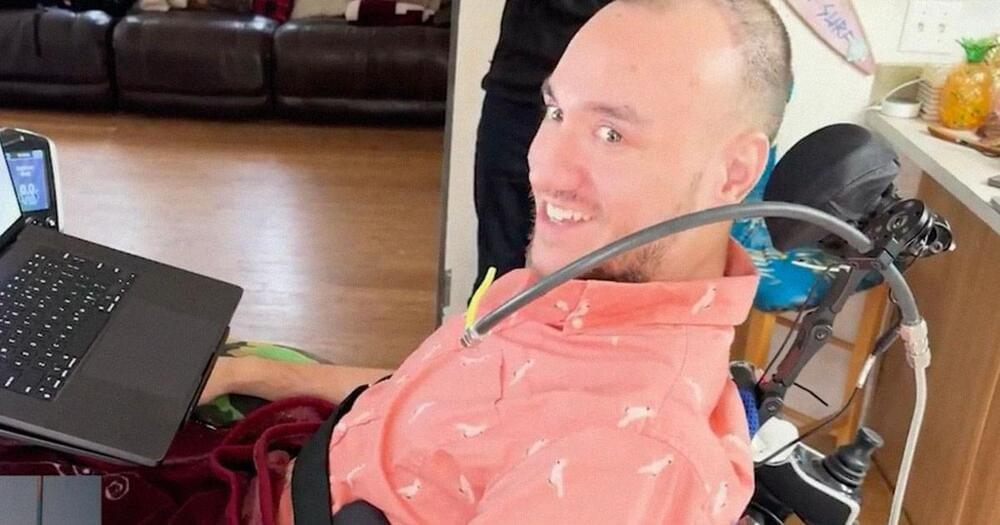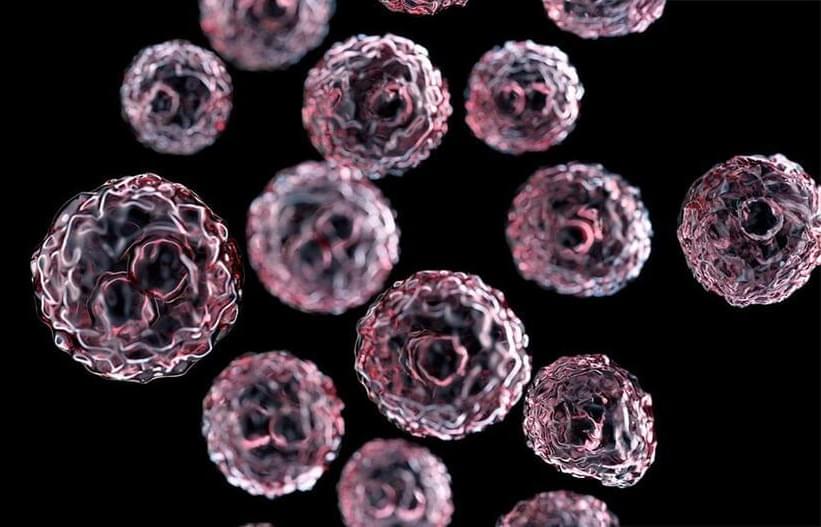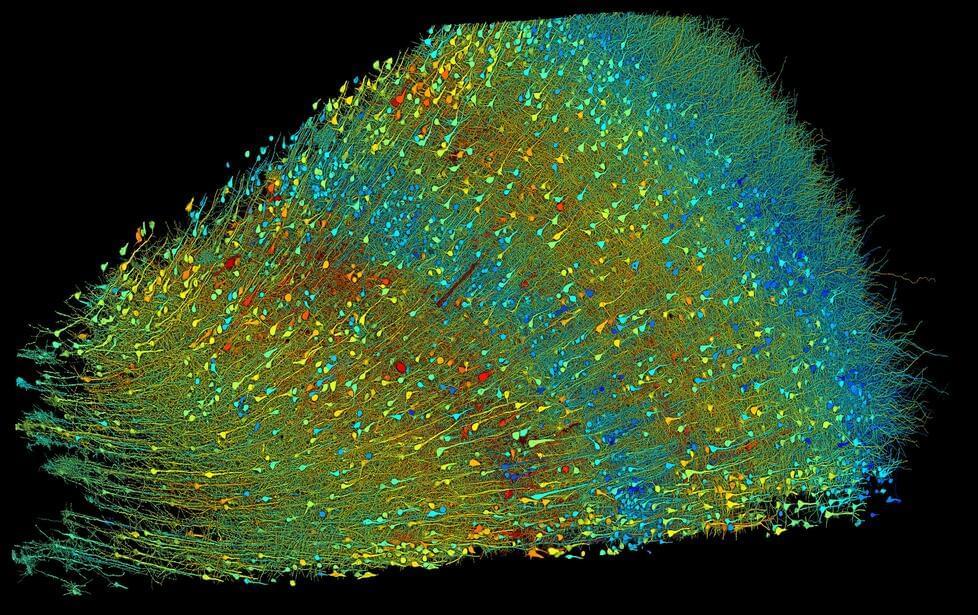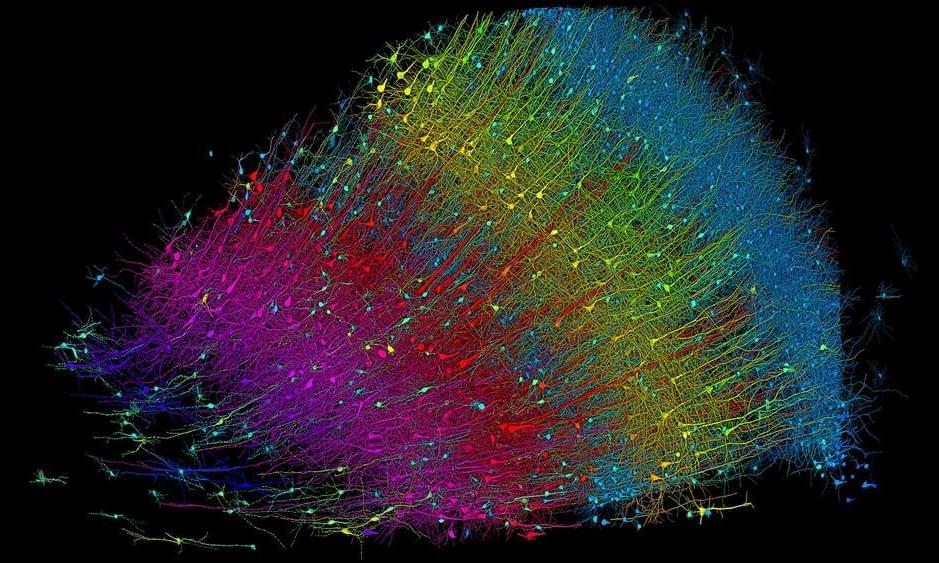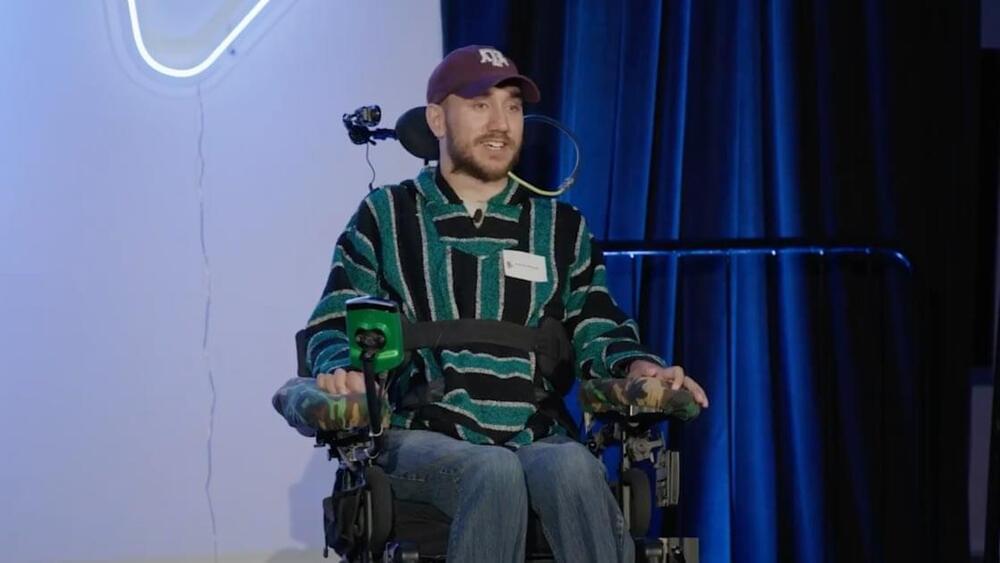May 10, 2024
Link between depression and cardiovascular disease explained: They partly develop from same gene module
Posted by Saúl Morales Rodriguéz in categories: biotech/medical, health, neuroscience
Depression and cardiovascular disease (CVD) are serious concerns for public health. Approximately 280 million people worldwide have depression, while 620 million people have CVD.
It has been known since the 1990s that the two diseases are somehow related. For example, people with depression run a greater risk of CVD, while effective early treatment for depression cuts the risk of subsequently developing CVD by half. Conversely, people with CVD tend to have depression as well. For these reasons, the American Heart Association (AHA) advises to monitor teenagers with depression for CVD.
What wasn’t yet known is what causes this apparent relatedness between the two diseases. Part of the answer probably lies in lifestyle factors common in patients with depression and which increase the risk of CVD, such as smoking, alcohol abuse, lack of exercise, and a poor diet. But it’s also possible that both diseases might be related at a deeper level, through shared developmental pathways.

